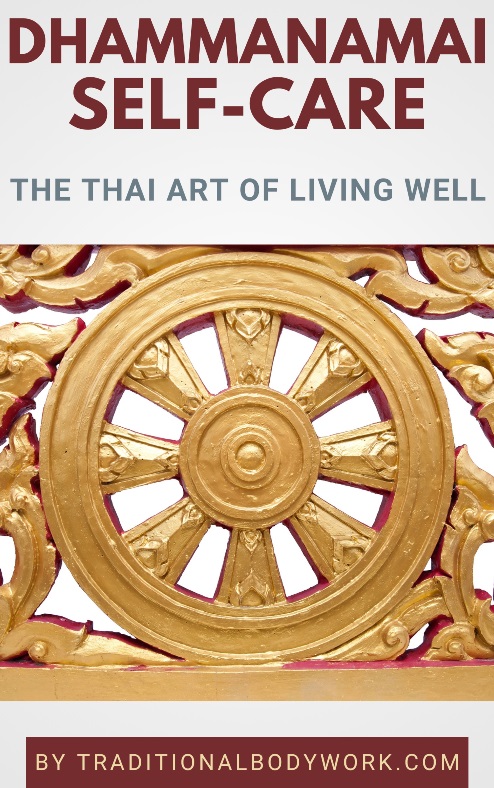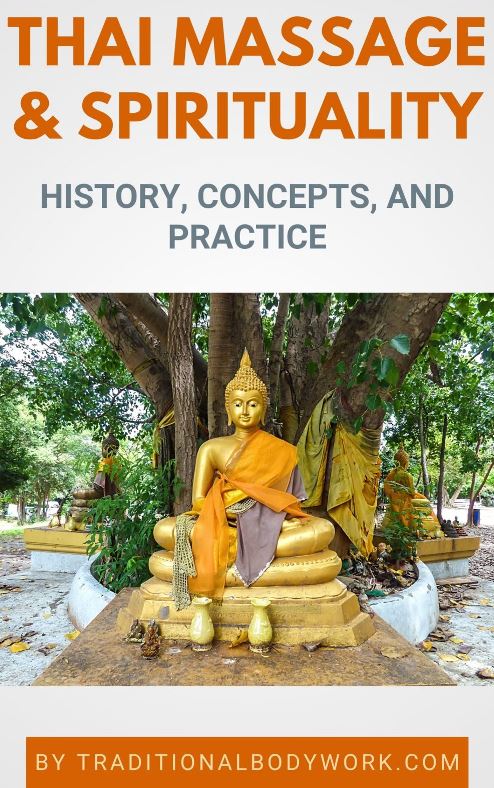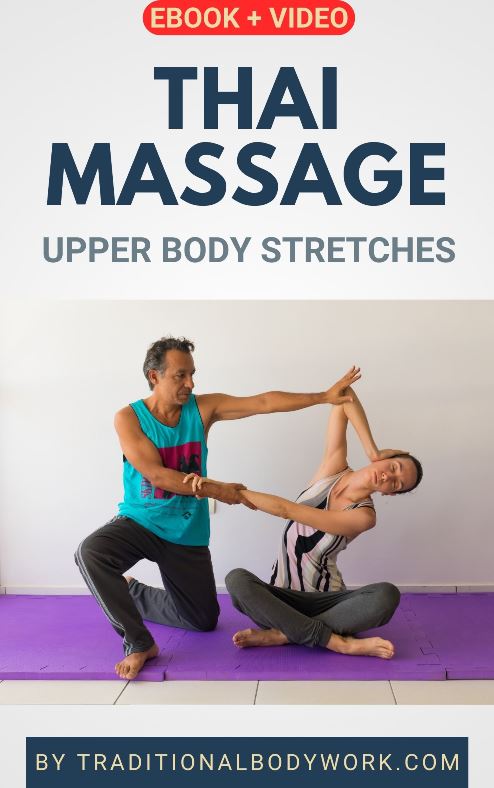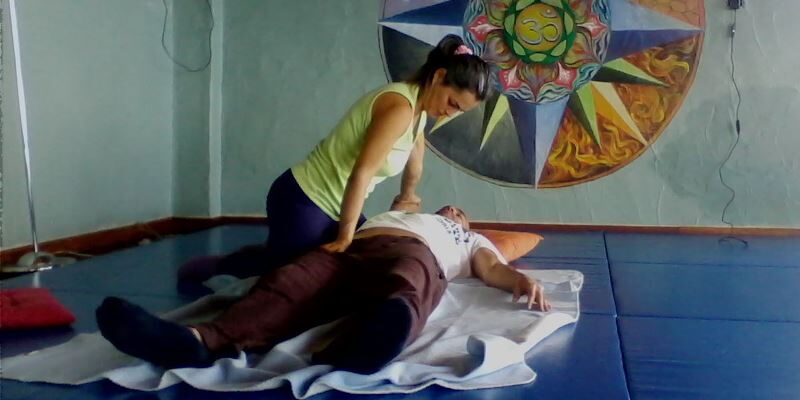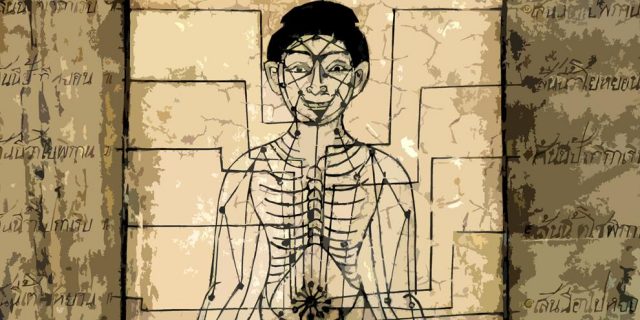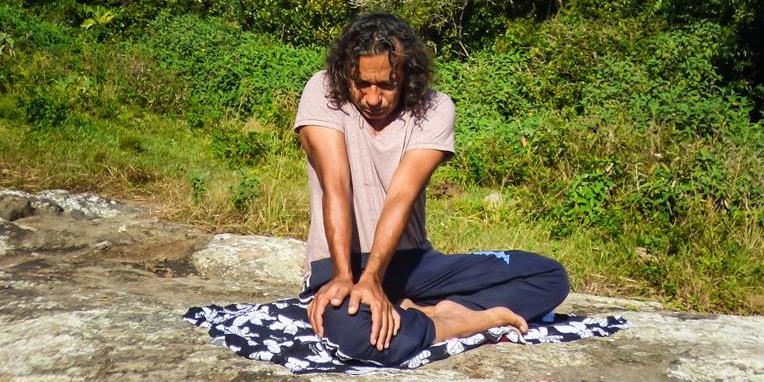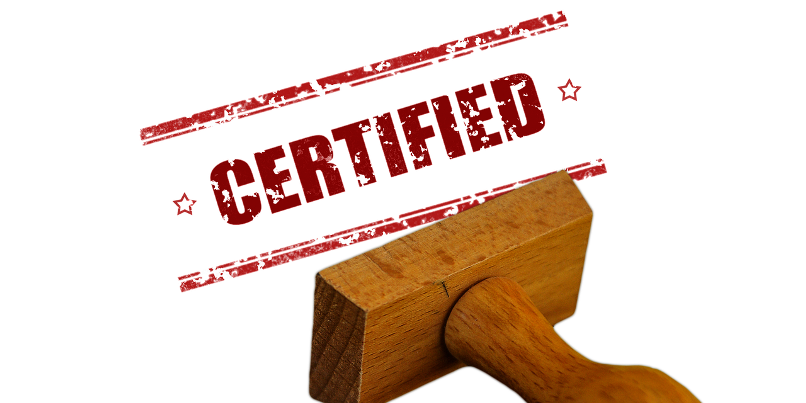
Lao Tzu
Lao Tzu (or Lao Tse), the famous mystic philosopher of ancient China and the most important figure in Taoism already remarked that it’s a sign of decay and decline when a given society continuously increases its set of laws, rules, and regulations.
He claimed that a good and virtuous society wouldn’t need many rules or laws, because the members of such a society would follow automatically the “way of Tao” and the “wisdom and goodness living in their hearts.”
Current Situation
If we would follow Lao Tzu’s reasoning, most of our contemporary societies would probably rank very high in the list of most immoral societies ever. Globally, the amount of regulations, laws, and the like has exploded, and there seems to be no end to it.
In any case, when we look at the situation for Thai Massage, or any other type of unconventional, alternative, or traditional bodywork, we notice an increasing total of regulations imposed on practitioners and teachers.
Of course, all that is to “protect the consumer” against “charlatans,” but it also richly fills the pockets of governments, regulating organizations, and institutes that offer “compliant training.” In fact, apart from the financial aspect, it puts a lot of strain and stress on both practitioners and instructors i.e. massage schools.
But now, let’s take a look at the differences between accreditation, certification, and lineage.
Accreditation
Education accreditation is most of the time done by an organization appointed by a country’s or state’s government. It’s often a Ministry of Education or Public Health and the like that appoint or accept accrediting organizations.
“Being accredited” then means that a certain organization, education provider, practitioner, course, workshop or training is officially recognized as having met the qualifications for performing a particular activity/job.
An appointed, recognized certifying organization or a certified organization then can issue certificates labeling you an accredited “Certified Practitioner,” “Certified Instructor,” or “Certified School,” and so on.
Certification
However, important for students, it’s worth mentioning that not all certifications issued by an education provider have an accredited status. Actually, anyone can issue a certificate for, let’s say, a Thai Table Massage or Thai Yoga course or training. Thus, if one is interested in accredited education or training, or an officially recognized Continuing Education program, one should always further check on the value or legal status of the certificate(s) issued.
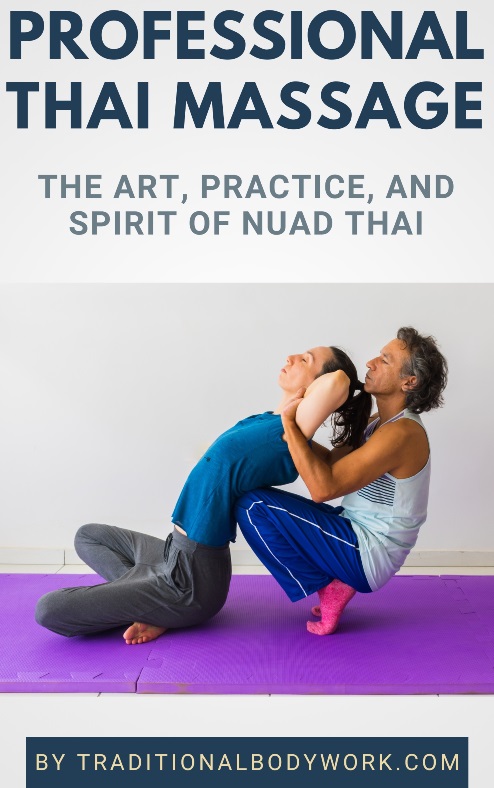
Nowadays, offering Continuing Education programs have become big business. Therapists and other practitioners in many countries are ever more obliged (by governments) to take a certain amount of (recognized) training hours per year or per two-years cycles in order to keep being “up-to-date” with developments in their field. Again, to protect consumers and employers.
Let’s take a practical example and look at the National Certification Board for Therapeutic Massage & Bodywork (NCBTMB) in the USA. The NCBTMB states that it “… certifies massage and bodywork practitioners on behalf of the profession for the benefit of consumers and employers.” The NCBTMB certification program itself is accredited by the National Commission for Certified Agencies (NCCA). And the NCCA is a national, non-governmental, public protection and standards-setting organization acknowledged by the federal US government.
Now, NCBTMB certification is voluntary, yet, trainers, schools or practitioners have almost no other choice than to “be certified” if they want to keep or get a job or get enough clients/customers. Consequently, certifying organizations have a lot of power within the massage and bodywork communities.
Then, on the other hand, if you would take a NCBTMB certified Thai Massage course in Thailand with for instance the TMC School in Chiang Mai, but you live and work in Germany, NCBTMB course approval or Thai Ministry of Education accreditation would not bring you anything because it has no professional or legal value in Germany.
Lineage

And what about Lineage? Well, we often see that bodywork practitioners or trainers mention the schools or masters they trained with themselves to give more value or recognition to their own work. In fact, they lean or hop on the reputation of their teachers or schools.
That’s not necessarily wrong or insincere, because it gives clients or students a reference point. However, one should always check “how long, how intense and what” a certain practitioner or instructor has studied with a certain school or so-called master. Too often that is a thing not explicitly told on the provider’s website and it’s not uncommon that their training had been rather “light.”
Anyway, it’s certainly a massage and bodywork jungle out there, yet to my opinion the accreditation, certification and lineage business hasn’t shed any clarifying light under the canopy. Perhaps even quite the opposite.



